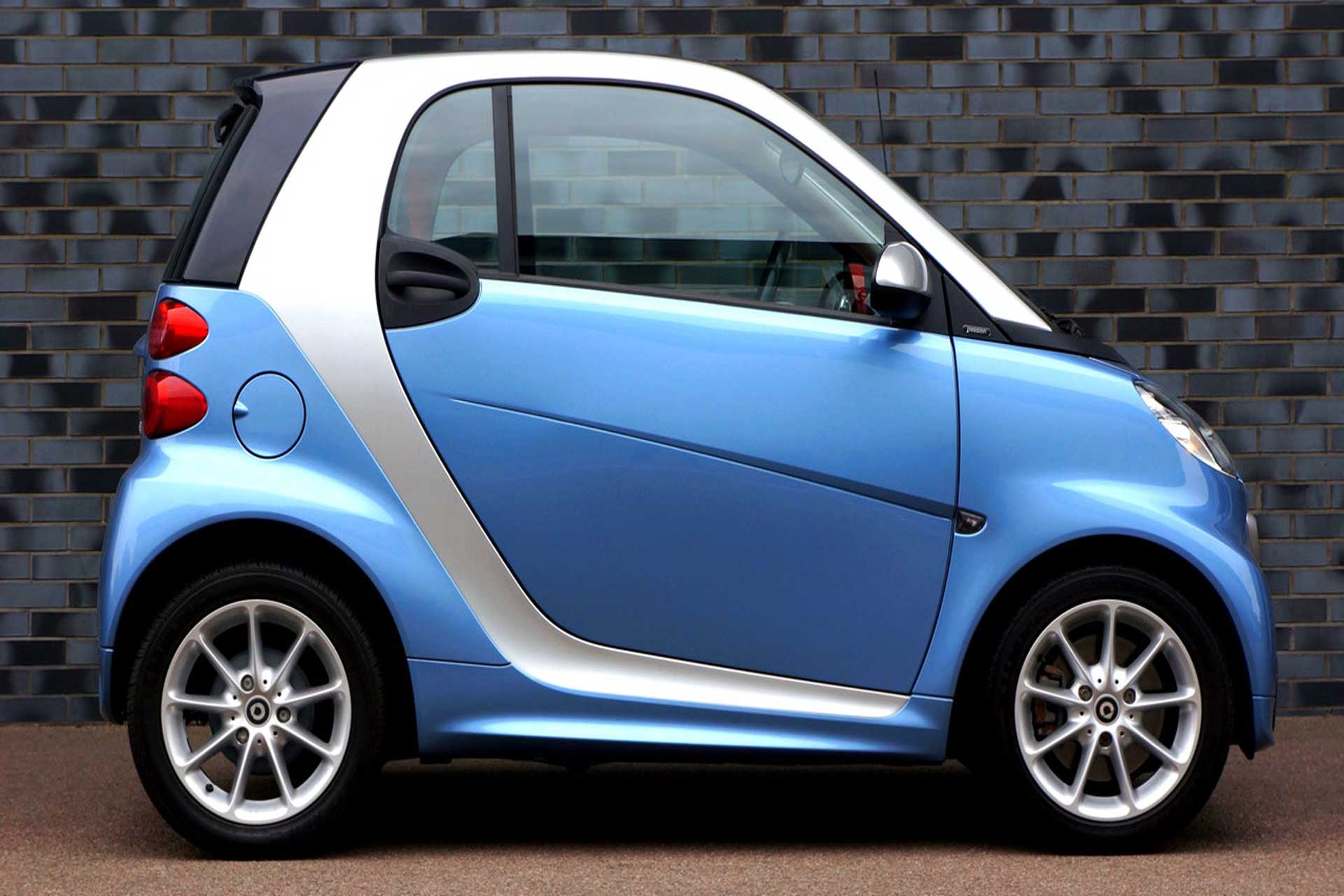Going on a long road trip, solely depending on a large battery raises some eyebrows in drivers. But they probably haven’t heard about the rise of condominium and SuperCharging stations. Additionally, Electric Cars are much more advanced than their early days and driving range is unbelievably long. To answer your question as short as possible: Yes, you can road trip in an electric car!
However, you should still be organized and follow these simple tips to avoid any kind of road trouble:
Plan Ahead
Road trips usually are carefully planned ahead. Even if you drive a regular gas-fueled car, unplanned and impulsive road trips can be a hassle. There have been tons of cases where people’s cars broke in the middle of nowhere, without any gas station or repair nearby. The same goes for electrical cars.
Check for supercharging or public and open stations along your route. Or plan your route according to these stations. Each large city has a network of charging stations. Use this as an advantage and always include at least 3 larger cities on your long road trip.
Use Map Apps
To find out the locations of these places, use map apps. For instance, Google Maps show EV charging stations nearby. Apart from showing icons that represent these stations, Google Maps also offers information about the business, type of portals, available charging ports, charging speed, etc. You can search for the stations before the trip and then organize your route around them.
Do Some Basic Math
The most important thing for organizing a road trip with an EV is to do some basic math. Compare the amount of mileage you’ll be driving and how many times you’ll need to charge. So if your road trip is 700 km and you have an Opel Ampera-e that reaches a max of 500 km, including at least 2 charging stations on the route. Don’t go for the bare minimum since road trips can be filled with unexpected things. Better to be safe than sorry!
Learn About EV
Before you start a road trip with your electric car, take some time to learn the basics of EV charging. For instance, there are three levels of charging, each taking its own time to charge. Level 1 or home chargers need 17-25 hours to fully charge. Level 2, mostly public stations, need 3-8 hours and Level 3, also known as fast or superchargers need 20 minutes to 1 hour to fully recharge. When you find stations on your route, check which level they are and what kind of connectors they have.










